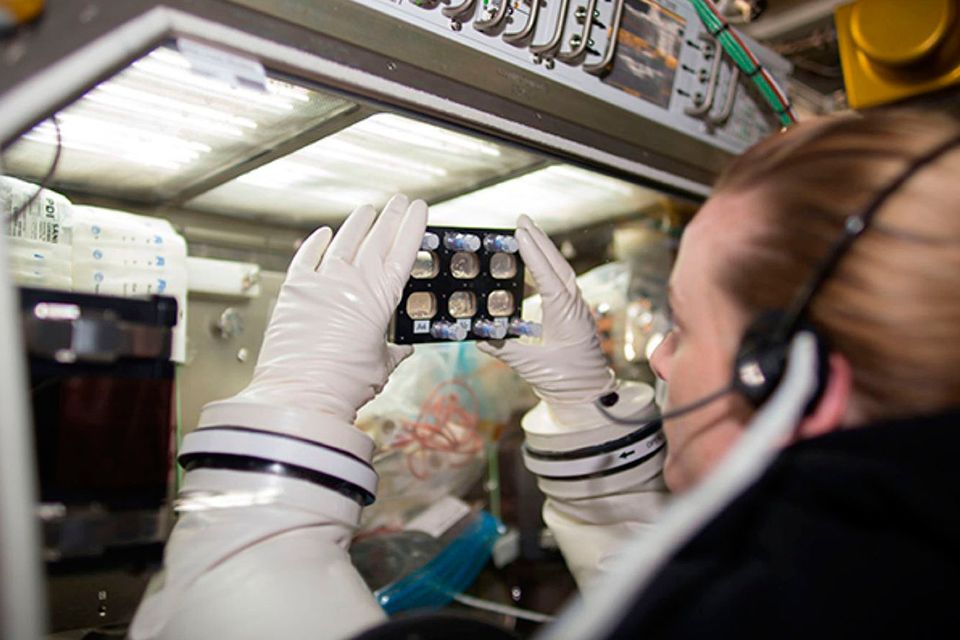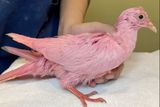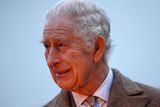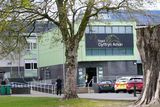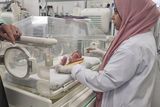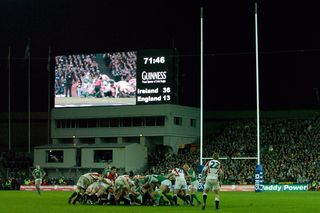Heart cells 'adapt to space travel and change back again'
Astronaut Kate Rubins examines hiPSC-derived cardiomyocytes grown within a fully enclosed cell culture plate aboard the International Space Station. New research suggests heart muscle cells derived from stem cells have the ability to adapt to their environment during and after spaceflight. Photo: NASA/PA Wire
The thought of space flight may make the heart skip a beat, but travelling beyond Earth could actually alter the organ's cells.
With extended stays aboard the International Space Station common, and the likelihood of humans spending longer in space increasing, there is a need to understand the effects of micro-gravity on cardiac function.
Join the Irish Independent WhatsApp channel
Stay up to date with all the latest news
